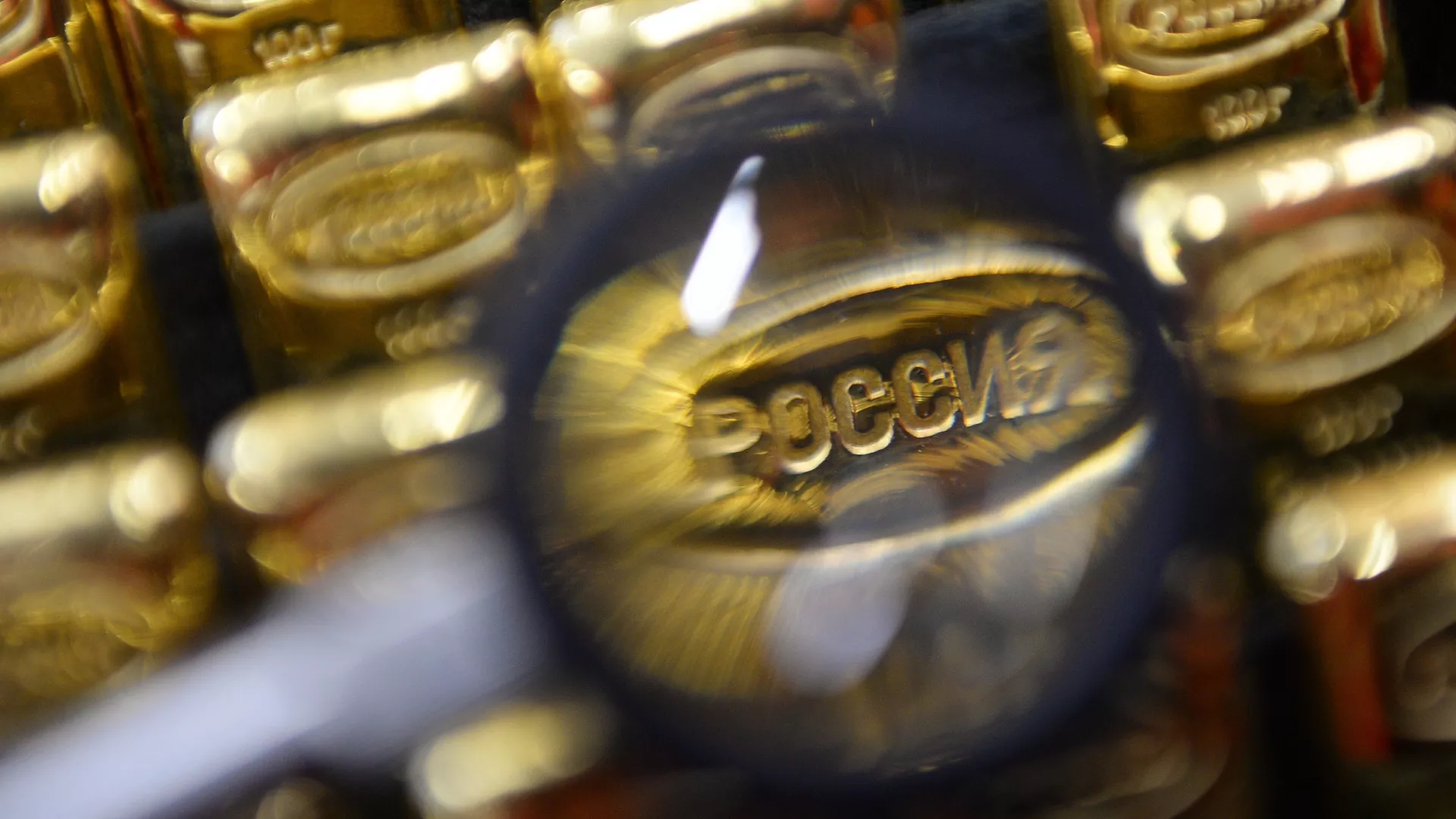Who Froze Russian Assets Abroad and What Might Happen to Them?
30.11.2022 22:21
 Who Froze Russian Assets Abroad and What Might Happen to Them?
Who Froze Russian Assets Abroad and What Might Happen to Them?
Sputnik / Pavel Lisitsyn
Following the launch of Russia’s military operation in Ukraine on February 24, the United States and its allies enacted several rounds of economic sanctions against Moscow, including the freezing of billions of dollars of assets abroad.
Having only deprived Russia of the ability to use these assets at first, the US and the EU now mull confiscating them under the pretext of using this wealth to help Ukraine, with Russia warning that such a move would amount to outright theft.
So how much are these seized Russian assets worth and what countries currently hold them?
Size That Matters
The total amount of Russian assets frozen by the United States and its allies exceeds $300 billion, with most of it in the form of Russian Central Bank's foreign currency reserves.
The Russian Central Bank's total frozen assets constitute roughly half of its total foreign reserves, which were estimated at $640 billion in March.
According to the Central Bank's 2021 annual report, the largest portion of its foreign currency and gold assets (16.8 percent) was stored in China, followed by France (9.9 percent), Japan (9.3 percent), the United States (6.4 percent) and the United Kingdom (5.1 percent).
The countries that froze the assets include the United States, France, Japan, Germany, the United Kingdom and Canada.
In June, the US and its allies also boasted seizing some $30 billion of assets belonging to Russian business tycoons whom they dubbed “oligarchs”.
Meanwhile, EU Commissioner for Justice Didier Reynders said in October that European Union member states froze around €17.4 billion ($18 billion) worth of Russian assets and that these funds were unevenly distributed throughout the EU.
Earlier in November, one media outlet reported citing an internal European Commission document claiming that the EU has frozen some €68 billion ($70.5 billion) worth of Russian assets, with up to €50 billion frozen in Belgium and about €5.5 billion in Luxembourg.
What is Freezing and What Might It Turn Into
The freezing of assets essentially means that the authorities of the country where these assets are located bar the owner from dealing with them.
However, top government officials in both the US and the EU have started calling for these frozen assets to be confiscated, allegedly to help Ukraine deal with the damage caused by the ongoing fighting.
On November 30, EU permanent representatives moved to discuss such a measure during a meeting in Brussels, while European Commission President Ursula von der Leyen proposed the creation of a special structure to manage the frozen Russian assets.
US lawmakers also sought to add a provision to the National Defense Authorization Act (NDAA) last month that would allow Washington to transfer frozen Russian assets to Ukraine, but this measure met opposition from a group of US House and Senate Republicans who questioned the provision’s effectiveness and argued that it has not been “fully litigated”.
How Russia Might Respond to a Seizure
Kremlin spokesman Dmitry Peskov warned that such measures would likely deal a serious blow to the US and the EU which risk losing the trust of property owners by taking what does not belong to them. He also highlighted that such actions indicate the downfall of the “sanctity of private property” principle in the West.
Dmitry Medvedev, deputy chairman of Russia’s Security Council and the country’s former president and prime minister, also stated that Moscow would have to confiscate the money and property belonging to foreign investors in Russia if foreign countries were to pass legislation allowing a de facto theft of the Russian assets, even though these investors are not responsible for the actions of the “fools from their governments”.
Medvedev also pointed out that there is about over $300 billion worth of foreign assets frozen in Russia, calling it a “happy coincidence” and adding that it would be enough to recompense Russia for what might be “stolen” from it.
Paolo Raffone, a strategic analyst and director of the CIPI Foundation in Brussels, also suggested that Russia would confiscate European assets in the country if the EU moves to confiscate the frozen Russian assets.
“It may not be excluded that such retaliatory measures could be adopted as “pre-emptive measures” also by other states supporting Russia,” he mused. “In systemic terms, should the EU pursue its path of “establishing a new criminal law” at international level – evidently unilaterally – the consequence would be further compacting non-Western countries to coordinate and adopt joint measures against the EU.”
The analyst further argued that the United States may not necessarily support the EU in such confiscation endeavor, and this kind of “new imperial and neocolonial approach by the EU” may severely undermine the union’s credibility.
“Who would trust the EU and the US if they can confiscate and dispose of foreign assets, private and state owned, with unilateral decisions? It would be the catastrophic end of the liberal and neoliberal world order,” he added.
